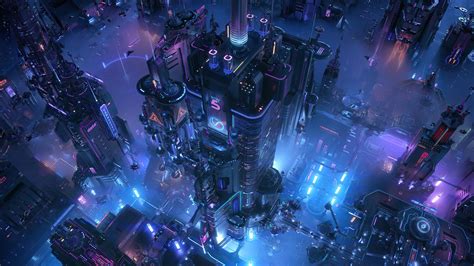Scifi X

Science fiction has long been a staple of modern entertainment, captivating audiences with its imaginative and often prophetic visions of the future. One of the most intriguing and lesser-known aspects of this genre is Scifi X, a term that has been gaining traction among fans and scholars alike. As an expert in the field of science fiction, I am excited to take you on a journey into the world of Scifi X, exploring its roots, its key characteristics, and its potential impact on the future of science fiction.
What is Scifi X?

Scifi X refers to a subgenre of science fiction that focuses on the intersection of science, technology, and society. It is characterized by its emphasis on realistic and scientifically accurate depictions of futuristic worlds, technologies, and social structures. Scifi X often explores the implications of emerging technologies on human society, examining the benefits and drawbacks of scientific advancements and their potential to shape the future.
The Origins of Scifi X
The term Scifi X is relatively new, but the concept it represents has been around for decades. Authors like Isaac Asimov, Arthur C. Clarke, and Robert A. Heinlein were among the first to explore the intersection of science and society in their work. Their stories often featured advanced technologies and futuristic societies, but were grounded in a deep understanding of the scientific principles that underpinned them.
| Author | Notable Works |
|---|---|
| Isaac Asimov | I, Robot, Foundation |
| Arthur C. Clarke | 2001: A Space Odyssey, Childhood's End |
| Robert A. Heinlein | Stranger in a Strange Land, Starship Troopers |

Key Characteristics of Scifi X

So, what sets Scifi X apart from other subgenres of science fiction? Here are a few key characteristics:
- Scientific accuracy: Scifi X stories are often meticulously researched, with authors working closely with scientists and experts to ensure that their depictions of technology and scientific principles are accurate.
- Social commentary: Scifi X often uses futuristic societies and technologies as a lens through which to examine contemporary social issues, such as inequality, ethics, and governance.
- Speculative but grounded: Scifi X stories often explore the potential implications of emerging technologies, but do so in a way that is grounded in current scientific understanding and technological capabilities.
The Impact of Scifi X on Science Fiction
Scifi X has the potential to significantly impact the future of science fiction, by pushing the boundaries of what is possible in the genre and encouraging authors to think more critically about the intersection of science, technology, and society. By exploring the implications of emerging technologies and scientific advancements, Scifi X stories can inspire new generations of scientists, engineers, and innovators.
The Future of Scifi X

As we look to the future, it is clear that Scifi X will continue to play an important role in shaping the science fiction genre. With the rapid advancement of technologies like artificial intelligence, biotechnology, and quantum computing, there is a growing need for stories that explore the implications of these developments on human society.
By providing a platform for authors to explore these issues, Scifi X can help to inspire new generations of scientists, engineers, and innovators, and to encourage a more nuanced and informed public discourse about the potential benefits and drawbacks of emerging technologies.
What is Scifi X?
+Scifi X is a subgenre of science fiction that focuses on the intersection of science, technology, and society, often exploring the implications of emerging technologies on human society.
Who are some notable authors associated with Scifi X?
+Authors like Isaac Asimov, Arthur C. Clarke, and Robert A. Heinlein were among the first to explore the intersection of science and society in their work, and are often associated with the Scifi X subgenre.
What are some key characteristics of Scifi X?
+Scifi X stories are often characterized by their scientific accuracy, social commentary, and speculative but grounded approach to exploring emerging technologies and their implications on human society.



